- within Intellectual Property topic(s)
- with readers working within the Retail & Leisure industries
- within Privacy topic(s)
On 24 October 2025, the Nanshan District IP Protection Center in Shenzhen hosted an event focused on advancing cross-border intellectual property (IP) protection in the digital age. This event brought together legal professionals, business owners, academics, and government officials to share knowledge and foster cross-border collaboration, with a particular emphasis on the evolving Thai e-commerce landscape and Thailand's approach to IP protection. The discussions centered on Thailand's legal environment, enforcement practices, and the opportunities and challenges faced by businesses engaging with the Thai market.
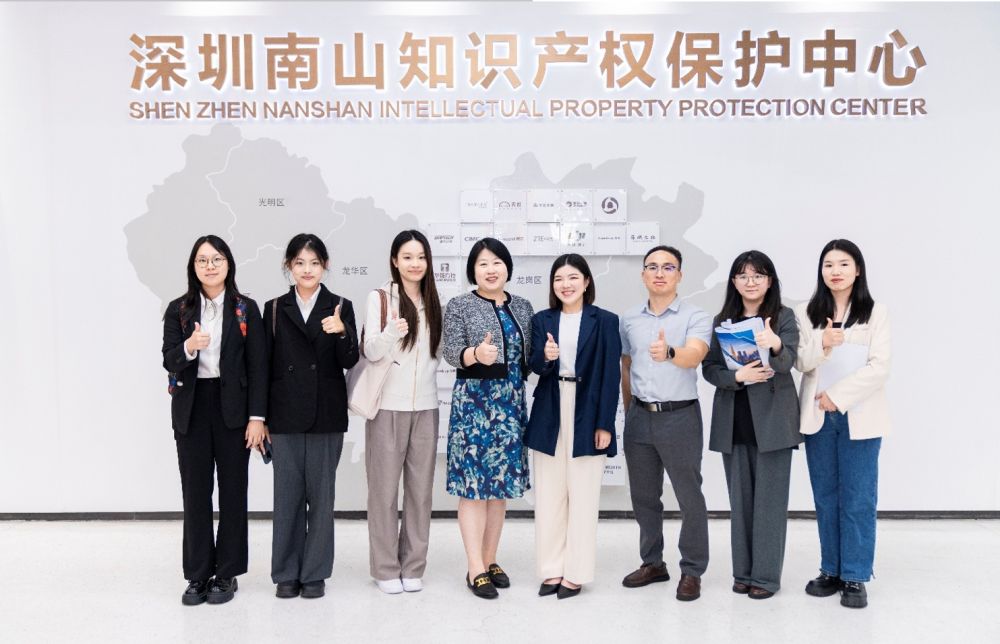
Purpose and Objectives
The event aimed to foster understanding and cooperation around IP protection in the expanding e-commerce sector, especially in light of increasing cross-border digital trade and advertising—particularly between China and Thailand. Special focus was placed on the challenges and opportunities related to IP protection in Thailand, equipping participants with practical insights for navigating the Thai e-commerce landscape.
Amanda Yang and Karat Gedkhuntod presented on Advisory on Advertising on Thai E-commerce Platforms and Intellectual Property Infringement Issues: Key Takeaways from the Presentation:
Part 1: Overview of Thailand's Legal Environment for E-commerce
This section provided an overview of Thailand's prominent role in Southeast Asia's e-commerce market, with insights into market forecasts for B2C and C2C platforms, the evolving e-commerce landscape, and recent cooperation between China and Thailand. It highlighted the growing importance of digital advertising and the legal context shaping online business in Thailand.
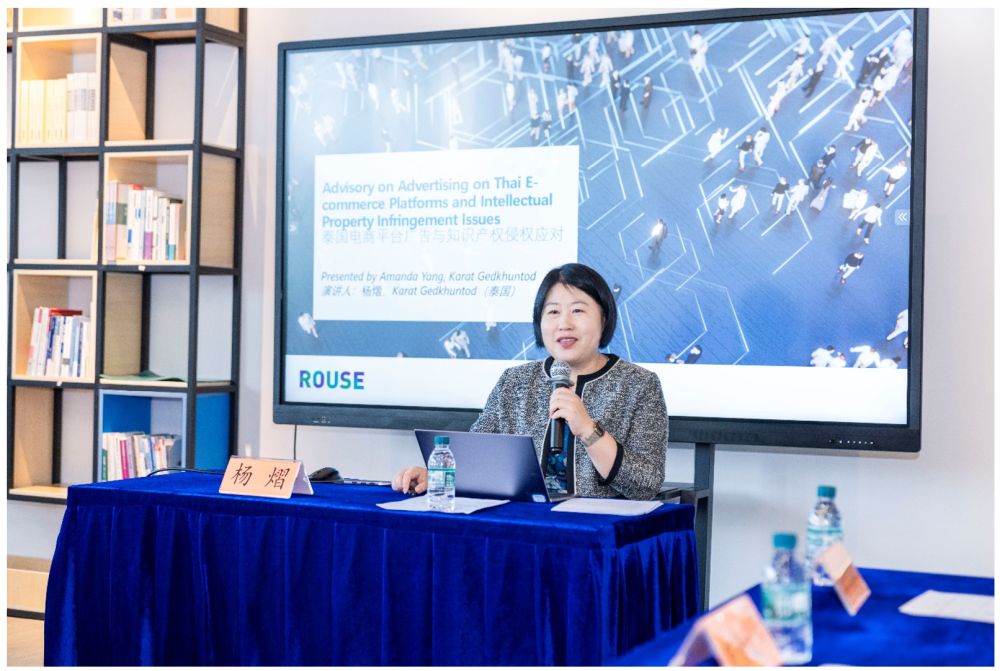
Part 2: Advertising Regulations and IP Laws in Thailand
This part summarized the main advertising rules that businesses must follow, illustrated with practical examples. It outlined key e-commerce regulations, such as the Digital Platform Services (DPS) law and the latest amendments to the Copyright Act regarding notice-and-takedown procedures. The session also reviewed the Memoranda of Understanding (MOUs) signed among government agencies, rights holders, and leading platforms to strengthen IP enforcement.
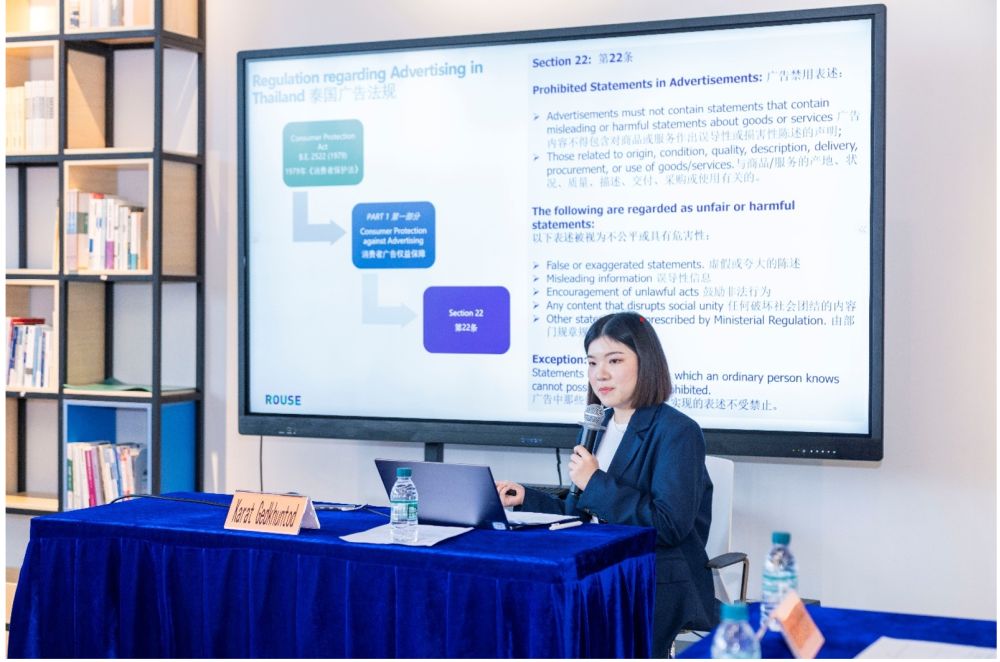
Part 3: Practical Issues and Enforcement Practices
Here, the speakers discussed common forms of IP infringement found on e-commerce platforms, measures taken by platforms like Shopee, Lazada, and Temu, and practical enforcement strategies. Real-world cases were shared to demonstrate how courts approach IP disputes, emphasizing the significance of proactive IP protection in the online environment.
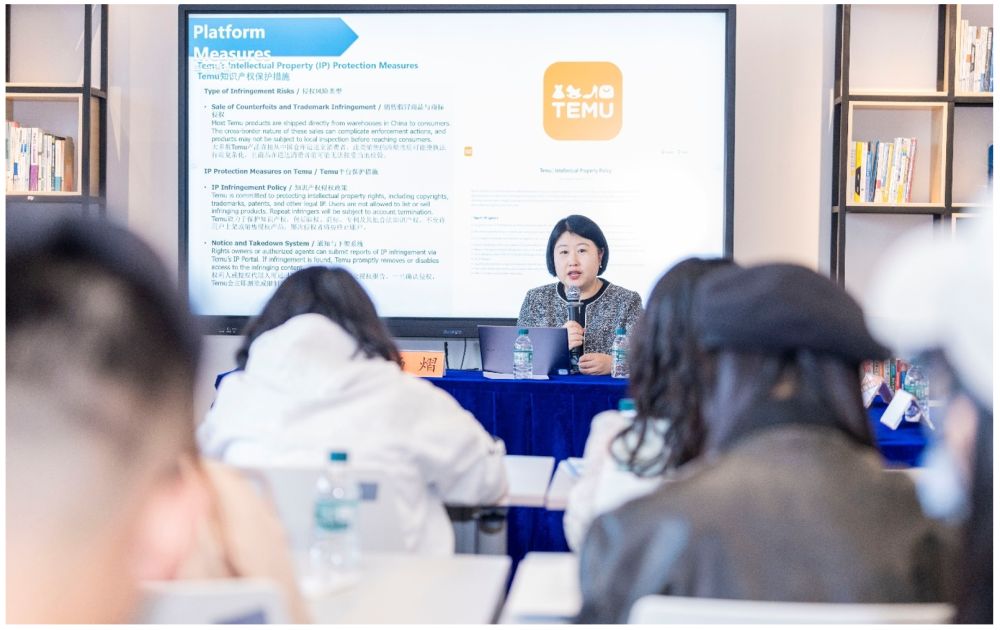
Part 4: Moot Court Experience
To enhance learning, law students participated in a mock trial, simulating witness testimony in a Thai IP court. This interactive exercise allowed students to engage with real-world legal scenarios and develop advocacy skills in the field of IP law.
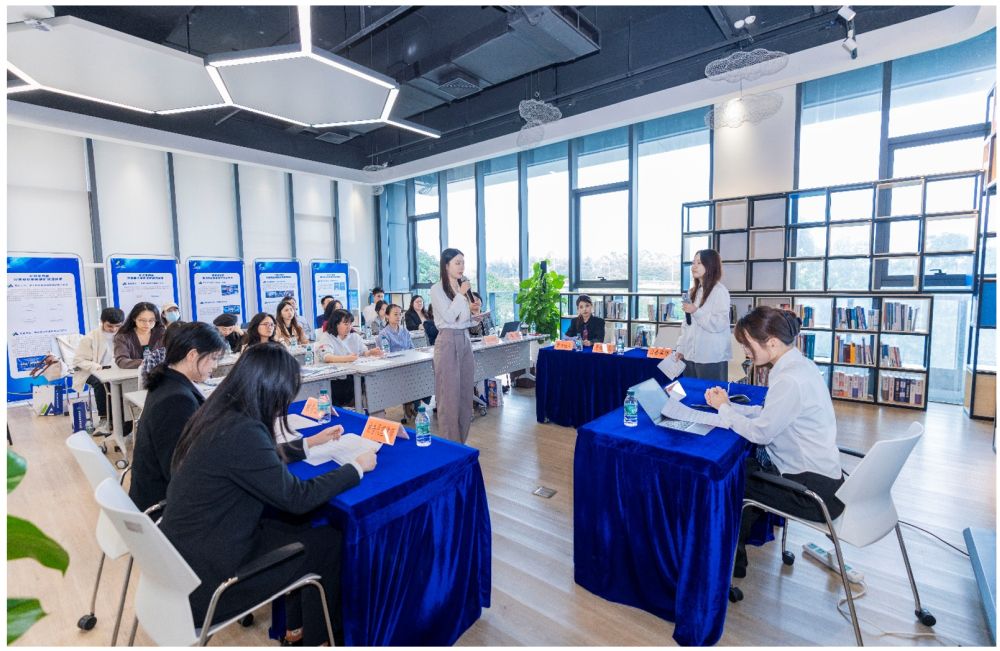
Event Impact and Insights
The event strengthened cooperation between China and Thailand
and highlighted practical steps for businesses and legal
professionals to protect IP rights in the digital
marketplace.
Amanda Yang and Karat Gedkhuntod emphasized the importance of
collaboration and proactive enforcement to ensure safe and
trustworthy e-commerce environments.

Conclusion: The Future of IP Protection in Shenzhen
The Nanshan District IP Protection Center's ongoing commitment to education and international cooperation positions Shenzhen as a leader in IP protection. Events like this are essential for preparing the business and legal community for the challenges and opportunities of the digital economy.
The content of this article is intended to provide a general guide to the subject matter. Specialist advice should be sought about your specific circumstances.
[View Source]


